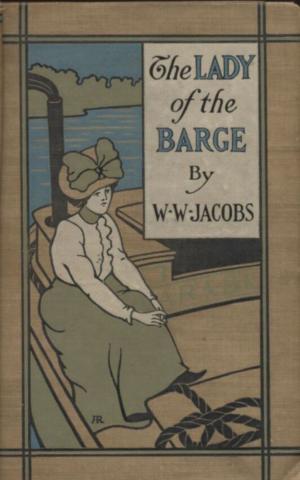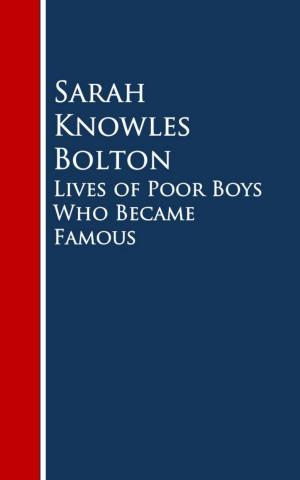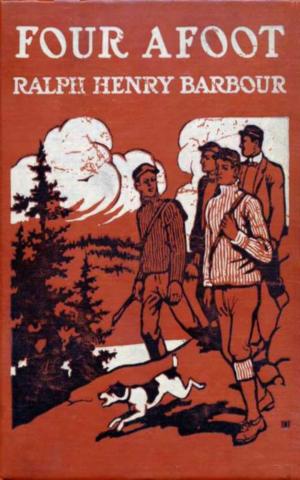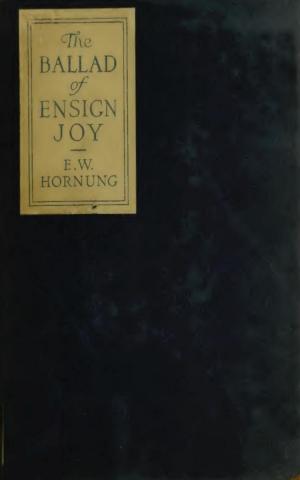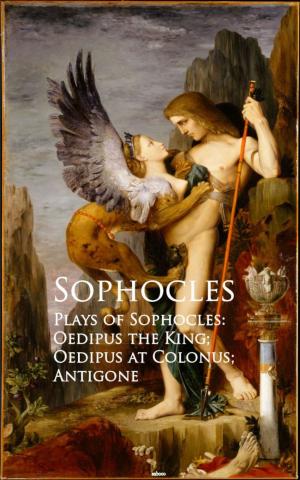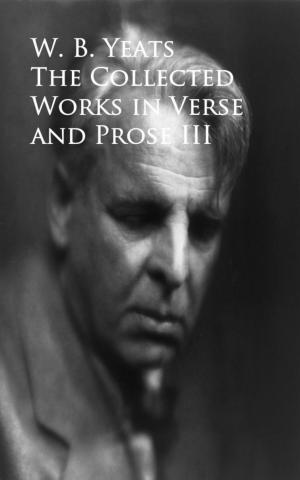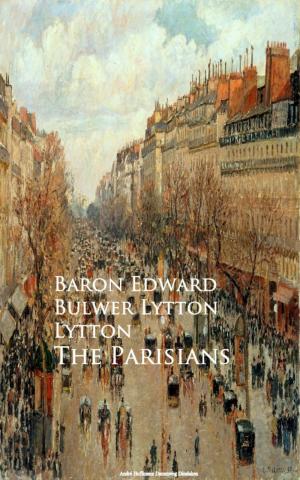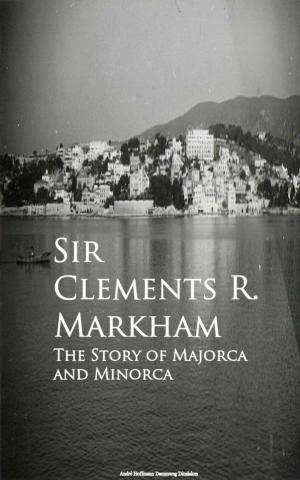Time and Clocks
A Description of Ancient ans of Measuring Time
Nonfiction, Home & Garden, Antiques & Collectibles, Clocks & Watches| Author: | Sir Henry H. Cunynghame | ISBN: | 9783736420717 |
| Publisher: | anboco | Publication: | July 6, 2017 |
| Imprint: | Language: | English |
| Author: | Sir Henry H. Cunynghame |
| ISBN: | 9783736420717 |
| Publisher: | anboco |
| Publication: | July 6, 2017 |
| Imprint: | |
| Language: | English |
When we read the works of Homer, or Virgil, or Plato, or turn to the later productions of Dante, of Shakespeare, of Milton, and the host of writers and poets who have done so much to instruct and amuse us, and to make our lives good and agreeable, we are apt to look with some disappointment upon present times. And when we turn to the field of art and compare Greek statues and Gothic or Renaissance architecture with our modern efforts, we must feel bound to admit our inferiority to our ancestors. And this leads us perhaps to question whether our age is the equal of those which have gone before, or whether the human intellect is not on the decline. This feeling, however, proceeds from a failure to remember that each age of the world has its peculiar points of strength, as well as of weakness. During one period that self-denying patriotism and zeal for the common good will be developing, which2 is necessary for the formation of society. During another, the study of the principles of morality and religion will be in the ascendant. During another the arts will take the lead; during another, poetry, tragedy, and lyric poetry and prose will be cultivated; during another, music will take its turn, and out of rude peasant songs will evolve the harmony of the opera. To our age is reserved the glory of being easily the foremost in scientific discovery.
When we read the works of Homer, or Virgil, or Plato, or turn to the later productions of Dante, of Shakespeare, of Milton, and the host of writers and poets who have done so much to instruct and amuse us, and to make our lives good and agreeable, we are apt to look with some disappointment upon present times. And when we turn to the field of art and compare Greek statues and Gothic or Renaissance architecture with our modern efforts, we must feel bound to admit our inferiority to our ancestors. And this leads us perhaps to question whether our age is the equal of those which have gone before, or whether the human intellect is not on the decline. This feeling, however, proceeds from a failure to remember that each age of the world has its peculiar points of strength, as well as of weakness. During one period that self-denying patriotism and zeal for the common good will be developing, which2 is necessary for the formation of society. During another, the study of the principles of morality and religion will be in the ascendant. During another the arts will take the lead; during another, poetry, tragedy, and lyric poetry and prose will be cultivated; during another, music will take its turn, and out of rude peasant songs will evolve the harmony of the opera. To our age is reserved the glory of being easily the foremost in scientific discovery.

